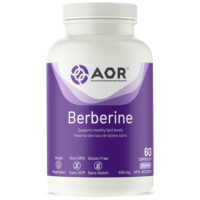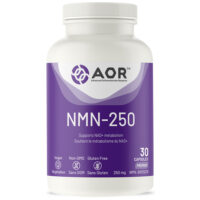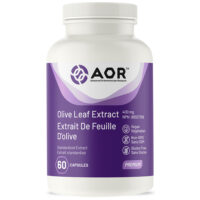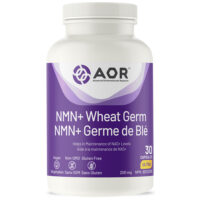Aromatherapy has become very popular. With that, there are ten safety tips which should be followed when using essential oils or when making your own home blend.
1. Always use carrier oil to dilute the essential oil. Here is a general formula: 2% dilution for normal use by adults; 1% dilution for seniors and individuals with sensitive skin. Carrier oils to be used are: olive oil, emu oil, shea butter, coconut oil, cocoa butter, aloe vera, chamomile oil, and ylang ylang oil.
2. For skin applications, first determine if you are allergic to the oil by applying a drop of the oil on the skin. If, after a day, no rash occurs, you can safely assume you are not allergic to the oil. However, ascertaining what type of skin you have, i.e., dry, oily or normal can be a beneficial first step.
3. If you use Bergamot oil, note that it has a photosensitizing component and should not be used when exposed to the sun.
4. Pregnant women should avoid essential oils, especially in the first trimester. Some oils may cause uterine contractions; others may be harmful to the skin.
5. Due to the fact that most essential oils are highly concentrated, the rule of thumb is: less is more.
6. Essential oils are not for consumption.
7. Keep essential oils where children cannot access them.
8. Avoid synthetic essential oils as they can cause allergic reactions.
9. Read labels on essential oils to ascertain if they are natural and not processed.
10. Some essential oils can be toxic. Research any oil you intend to use before application.
You can also check the International Fragrance Association’s online database to determine what oils are safe to use. Store the essential oils in a cool dry area. If you are using drops of an essential oil in combination with candles, add a drop or two away from the wick as essential oils are combustible.
For anyone with a medical condition, it is always a safe bet to consult your doctor before using any type of essential oil. In addition, if you develop any symptoms while mixing essential oils, you may be using too much. It is also recommended that when mixing or blending essential oils, you do so in a well ventilated area or outdoors.
If you are taking any medication, consult your doctor. This is especially true if you are taking any type of sedative or pills to induce sleep. There are essential oils that contain sedative components.







